In 2017, an unassuming Korean movie titled The Outlaws was released starring Ma Dong-seok, fresh off of his appearance in the smash hit Train to Busan with Gong Yoo and Choi Woo-sik and, more recently, Eternals, and Yoon Kye-Sang (Chocolate, The Bacchus Lady). The Outlaws tracked the progress of a turf war between a local South Korean gang and a transnational Chinese gang. So begins a game of cat and mouse between the Chinese gang’s ruthless leader, Jang Chen (Yoon), and a local detective (Ma) attempting to keep the peace. Chaos then ensues, leading to an action thriller that swept the Korean box office the year it was released. It seems only natural that such a popular film could potentially turn into a franchise, thus, in 2022, a sequel titled The Roundup has been released.
MOVIEWEB VIDEO OF THE DAY
Ma Dong-seok returns in The Roundup to reprise his character, Ma Seok-do, while Choi Gwi-hwa also reprises his role as police captain Jeon Il-man. Lee Sang-yong directs the sequel, replacing the original director and writer Kang Yoon-sung. There is one consistency between the sequel and the original: they were both hits in South Korea. The Roundup currently is the biggest film release domestically in the country as of July 2022, and it is dubbed the highest-performing release since the pandemic started and when Parasite was released in 2019. It was pre-sold to one hundred and thirty-two countries before it was even released in South Korea, prepping the film for international stardom. Before then, it is currently making its way through the international film festival circuits, including Fantasia Film Festival.
However, The Roundup has not come without controversy. The movie, which was filmed in Vietnam, is currently banned from the country it was filmed in. Vietnamese authorities dubbed it too violent to allow screenings, although the rights were sold to the Southeast Asian country. Regardless, this action cop thriller charmed audiences in South Korea, and a third film is slated to be in production with director Lee Sang-yong returning to spearhead it. There are a plethora of good reasons why this movie is so popular, and the roots of it may be in the fact that it does not stick solely to the cop thriller genre.
A Killer Lurks in Vietnam
Unlike The Outlaws, which largely took place in Seoul’s Chinatown, The Roundup establishes in its opening scenes that Vietnam, in 2008, is the backdrop of this tale. The movie is set four years after the original, but detective Ma Seok-do is still working with his police unit and has the same boss from the previous film, establishing a familiar dynamic for fans of the original. On a sepia-toned dirt road outside of Ho Chi Minh City, the son of a Korean business tycoon is lured into a van with Kang Hae-sang, portrayed by Son Seok-koo (My Liberation Notes). Kang kills tourists and foreigners to collect their wealth, but his crimes are starting to get bolder and noticed by the police.
Meanwhile, thousands of miles away, a convenience store is being robbed in Seoul and a hostage is taken. Ma Seok-do emerges from the crowd of concerned bystanders, disarms the robber, and saves the day while looking like he did all of this effortlessly. Throughout his career, Ma Dong-seok has proven that he manages to take on this kind of role, making it look easier than it actually is, and The Roundup is no exception. The story then kickstarts when he is assigned to go to Vietnam and pick up a Korean criminal who turned himself in after robbing a jewelry shop.
Related: The Best Korean Thriller Series on Netflix, Ranked
Ma’s journey to Vietnam initially starts smoothly, but when he goes to finish up his mission and pick up the criminal, his path accidentally becomes entwined with Kang Hae-sang’s string of crimes. It is a small world out there, especially when it comes to those keen on breaking the law, and what is supposed to be a three-day business trip suddenly crosses borders and lasts longer than the expected time frame. Ma is thrust back to South Korea with his captain, as they have been deported after their initial encounter with Kang. At the same time, Kang swears vengeance on one of his victim’s parents, returning to his home country to get a healthy dose of revenge because he did not get the money he was promised.
What happens after this point can be fairly predictable, especially in the vein of knowing what the film’s predecessor does. It still keeps the content fresh with new characters and a villain vastly different than the first one, and new viewers that have not seen the original can easily follow along with the characters even though they have a deeper history than what happens on-screen. A curious aspect of the movie, too, is the overall lack of guns. While in Vietnam, Ma and Jeon make consistent remarks about how the Vietnamese police are backward and unable to do anything of importance, including the fact that they use guns but are not able to use them productively. While scenes like these can be interpreted poorly in terms of how Vietnam is portrayed, the commentary on guns adds a unique tone to how hand-to-hand combat and knives are the weapons of choice.
The Roundup also holds its key cards, choosing to reveal new characters or twists as the story progresses rather than relying completely on the shock factor. Some of these new factors are the lifeblood of the story, tethering it deeper into the genre, but also allowing itself to evolve the story. Kang is a slippery criminal, and even a hero who can do it all like Ma cannot do it alone. This, combined with the tasteful use of action, makes the movie something worth watching. As a blockbuster, it does an excellent job of keeping viewers entertained and ready for what is to come.
Related: Decision to Leave: Why You Should Watch Park Chan-Wook’s New Thriller
A Buddy Cop Movie Mixing Thriller and Action Elements
BA Entertainment
South Korean cinema has established a reputation from previous auteurs like Park Chan-wook and Kim Ki-duk for using violence as a way to progress the storyline through more nuanced means. The Roundup falls on tropes that are familiar to Western cinema, especially as the buddy cop genre aspects of the film slot into the overarching storyline. Suddenly the movie becomes more universal as it becomes reminiscent of a movie familiar to Western audiences, falling into the vein of comedic timing that Jackie Chan once embodied during the height of his career in martial arts films.
The Roundup still manages to distinguish itself from other buddy cop films and does an excellent job of allowing the characters room to become their creation. Although they may be concocted from the stereotypical elements seen in these kinds of movies, such as the good cop, bad cop, the one person who does not know what they are doing, and a shady individual playing both sides. Space also plays a key role in the film’s choreography, as seen in the very first fight, albeit it was a low-stakes fight. As Ma’s character accidentally knocks down a shelf containing ramen, he dances through the space of the convenience store while a guy slashes a knife at him. This lays the scene down for how other fight scenes, later on, will go, creating complicated, rehearsed choreography that is visually appealing.
However, one critical part of the movie is the tension created between Son Seok-koo and Ma Dong-seok. Ma Dong-seok is playing a distinct role that audiences, who have seen him in other movies, are familiar with seeing him in. There needs to be a specific kind of actor playing off of Ma Dong-seok’s strengths, and, in The Roundup, that is Son Seok-koo. His character, Kang Hae-sang, is the exact opposite of Ma Seok-do, and his sinister intentions provide a critical context for this new game of cat and mouse. If he had not been able to pull off the character as well as he did, then the movie may not have been as enjoyable as it is now.
All in all, The Roundup is a solid addition to the genre. It may not be groundbreaking in its approach, but the pacing keeps up with the natural flow of the storyline. The characters are capable of standing on their own with the support of the familiarity of what they represent in the genre, while the action sequences offer something more than simple fights. It is difficult to balance action, humor, and thriller elements, but The Roundup strikes the perfect ratios to create something that is both entertaining and captivating.
You can view the original article HERE.


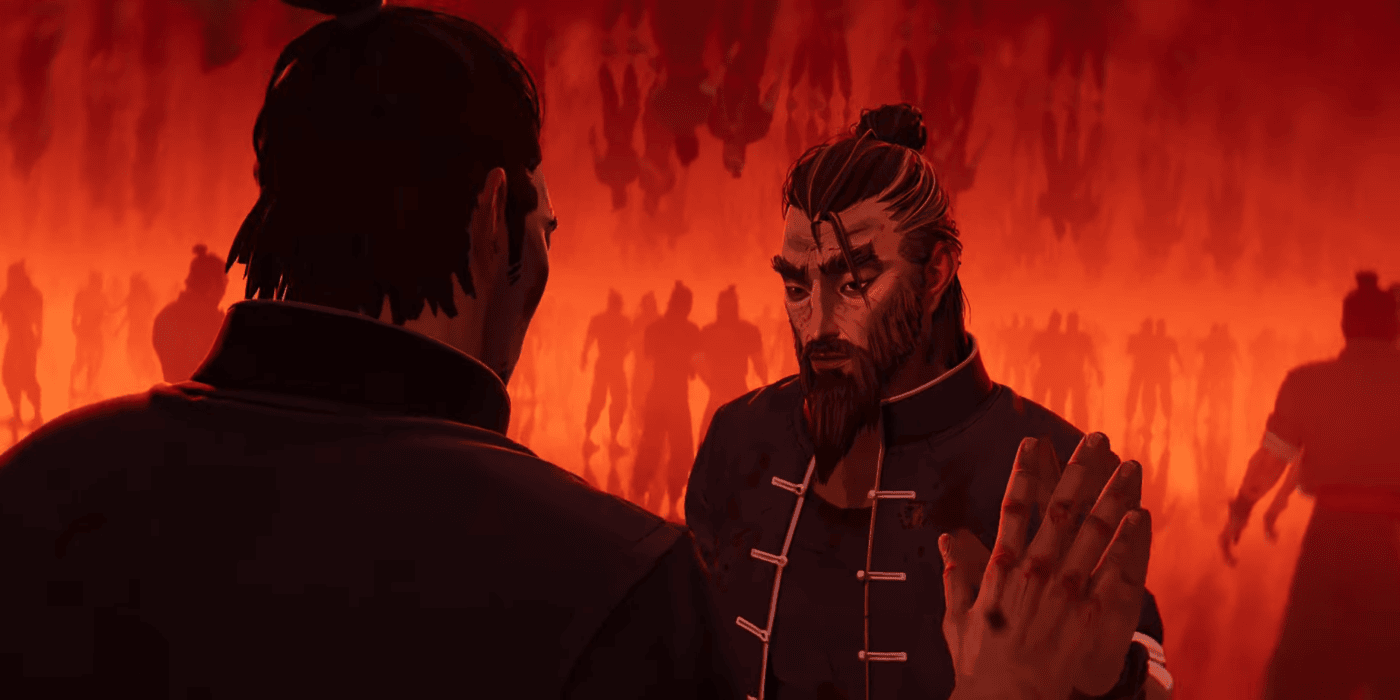

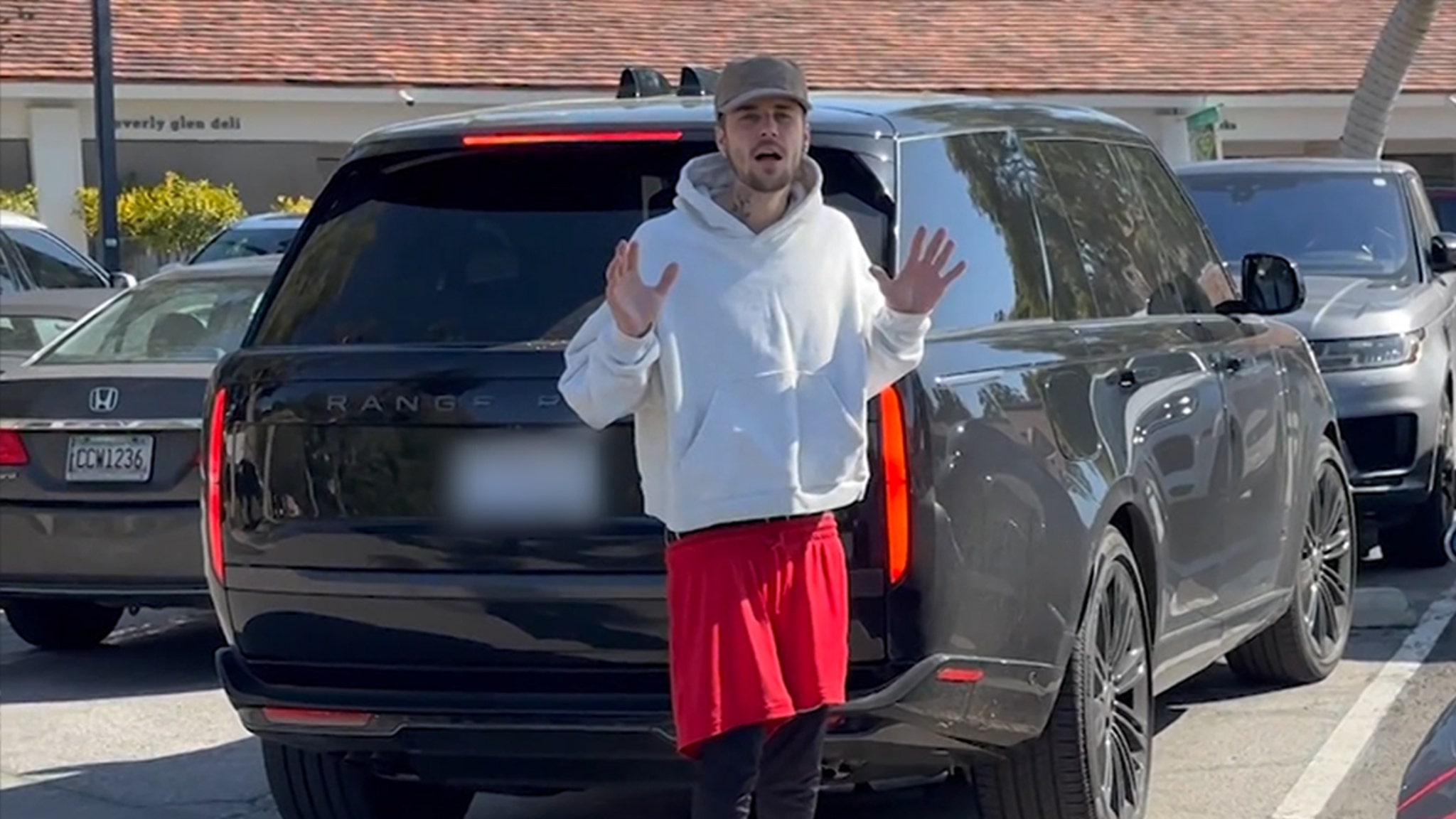

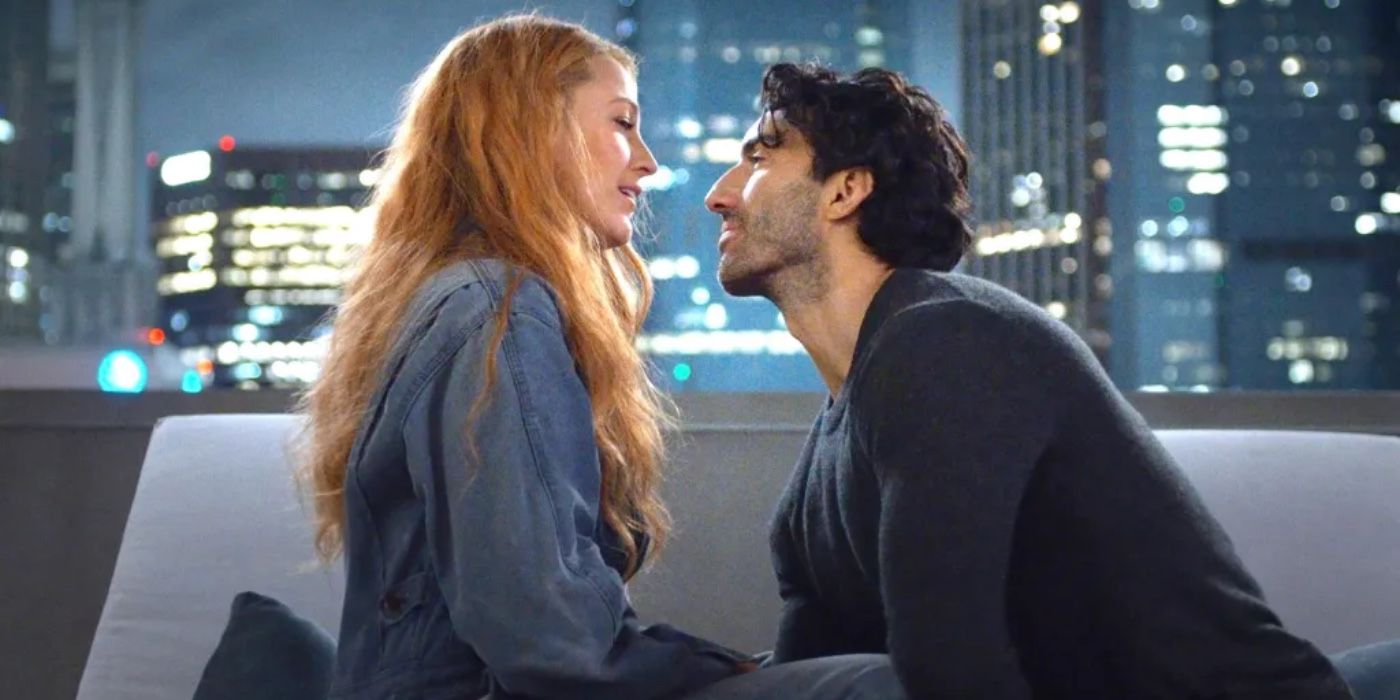
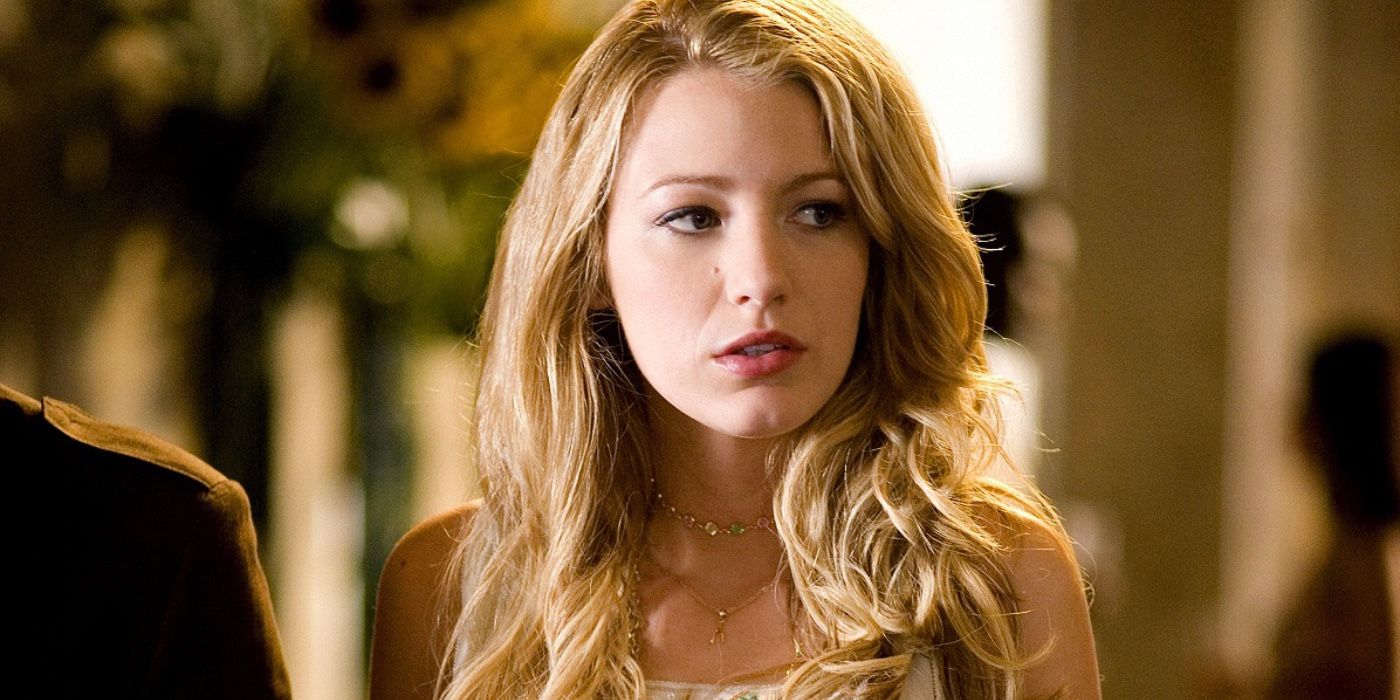


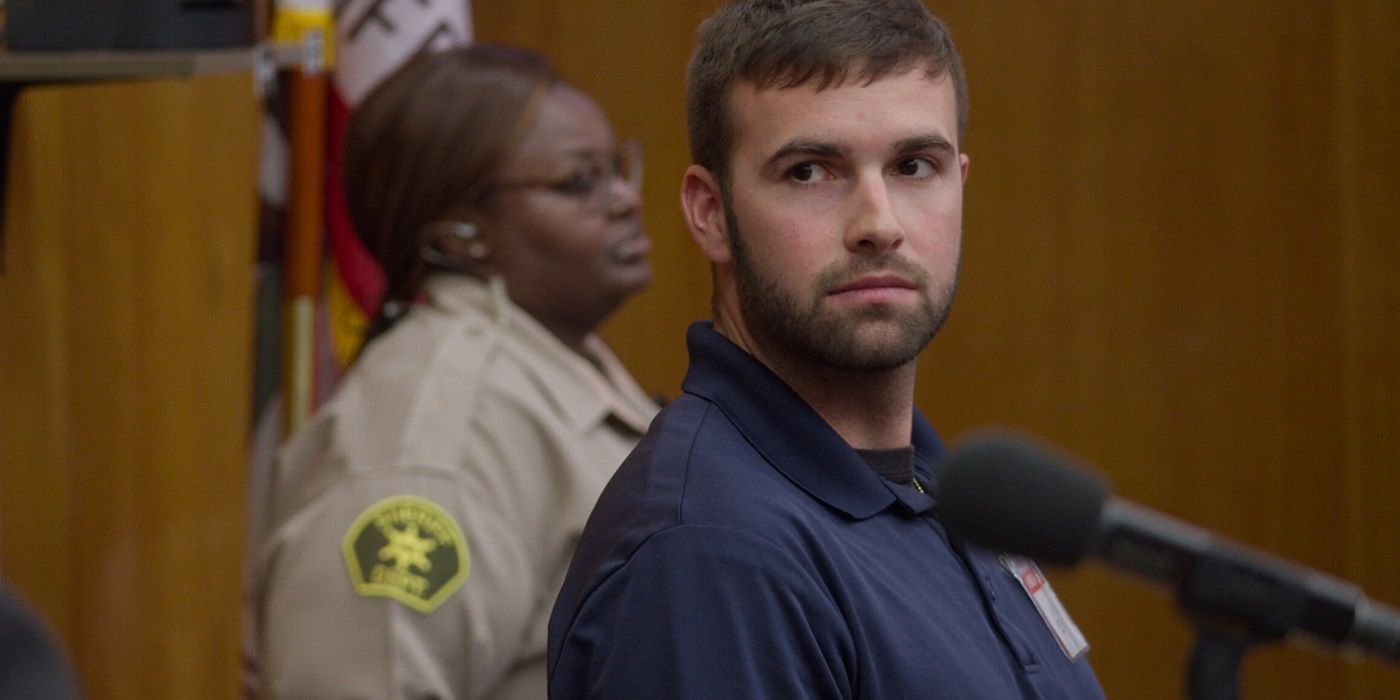



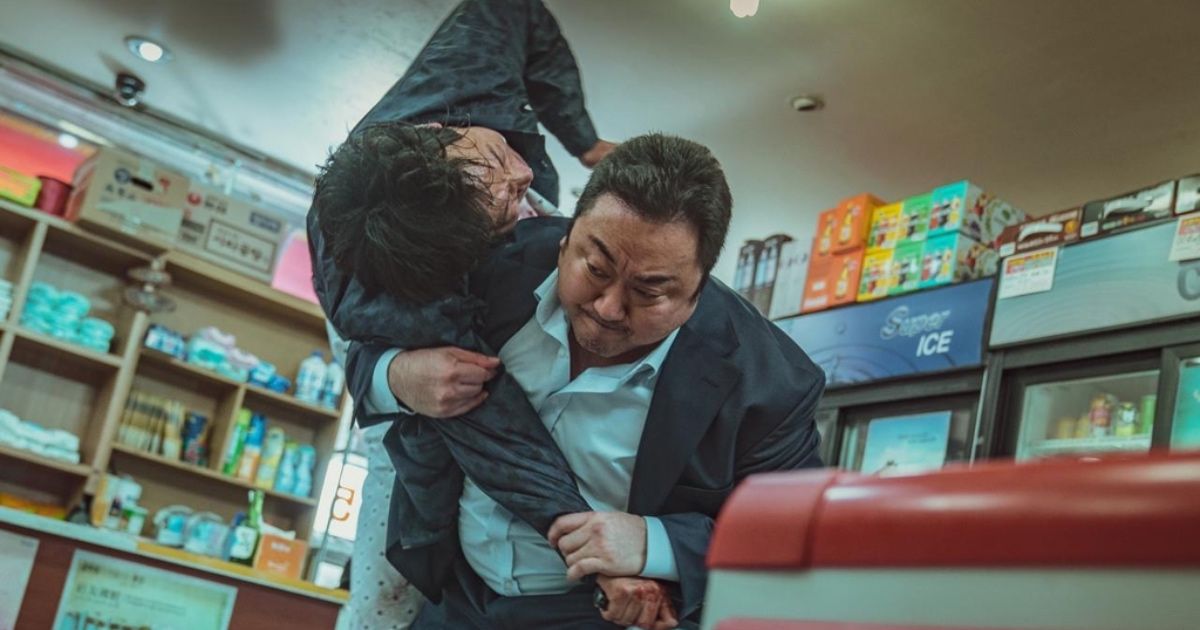




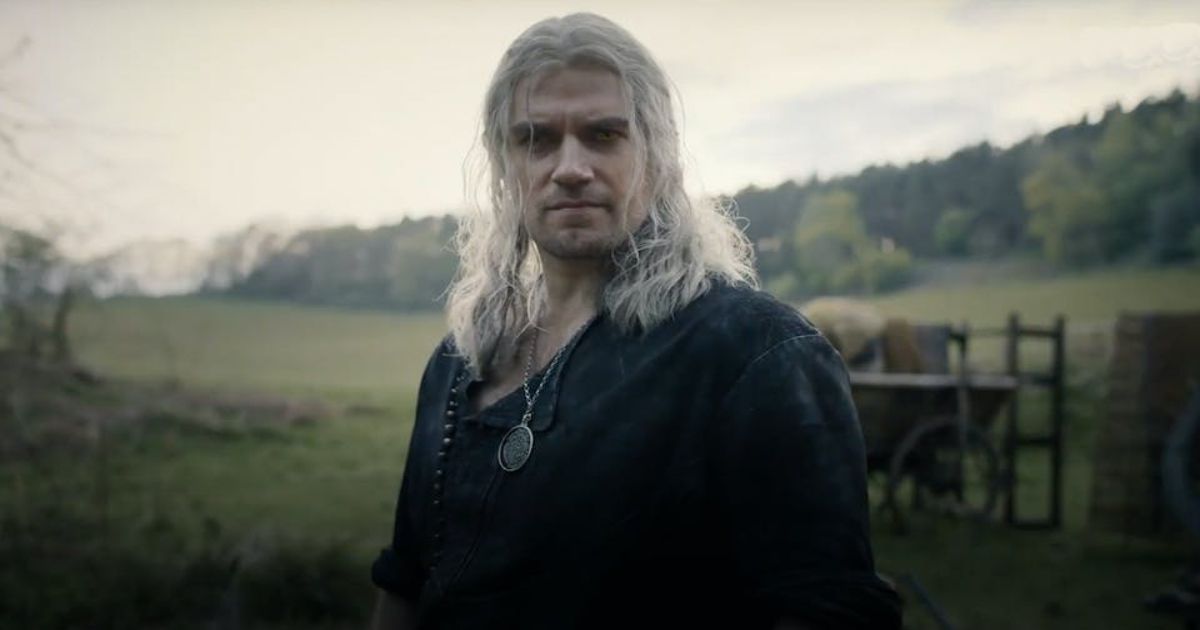



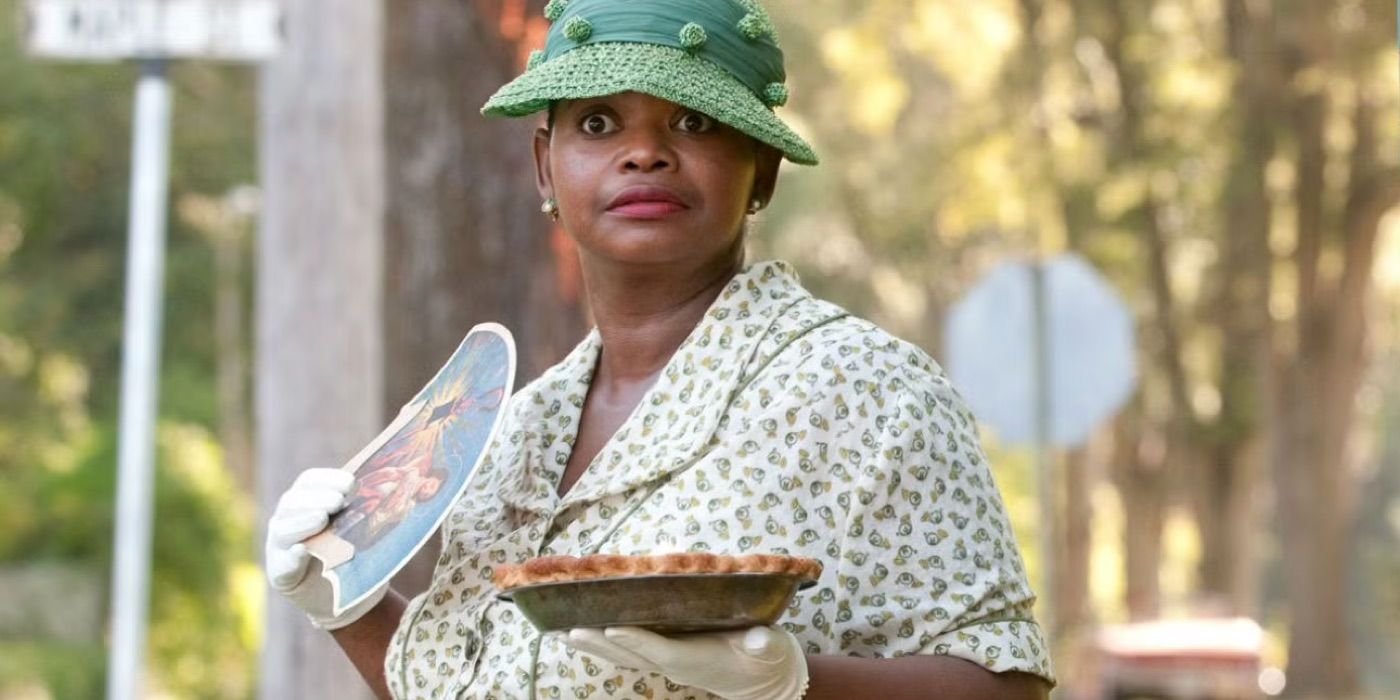







:quality(85):upscale()/2024/10/23/805/n/1922564/3c7878ba67193e463ea470.81388103_.png)